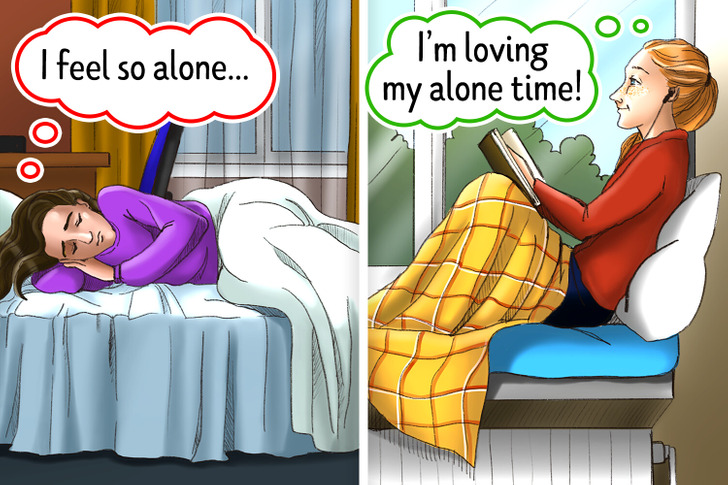8 Job Interview Tips to Help You Impress Your Recruiter


Long-lasting and strong relationships are not just about butterflies in the stomach; they require daily work. Learning to build trusting and healthy relationships with your partner involves paying attention to the details. By doing so, you can create a strong family that lasts for years to come.

Complimenting your partner even when they’re not at their best is a sign of truly strong relationships. In such relationships, each person can feel comfortable and unashamed to show their vulnerabilities when they’re feeling down, tired, or unwell. Meanwhile, their partner continues to see them as the most wonderful and beautiful person.

Expressing gratitude is crucial in any relationship. A simple “thank you” can go a long way in showing appreciation and making your partner feel valued. Regularly acknowledging your partner’s efforts and kindness fosters a positive environment and strengthens your bond. Remember, it’s often the small, sincere gestures of gratitude that have the most significant impact.

Don’t assume hidden meanings or intentions when your partner communicates something neutral or positive. Speculating like this can create unnecessary conflicts or amplify ones that only exist in your mind. Instead, directly ask your partner for clarification or their true thoughts.

Consider separate sleeping arrangements or invest in a larger bed for better mental and physical health, quality sleep, and a harmonious family environment. Research shows that 30-40% of couples sleep in separate beds, which can actually improve relationship quality by preventing sleep disturbances that can lead to marital strain. Prioritize good sleep for a stronger relationship.

Grand, well-organized surprises can seem ultra-romantic, but it’s the frequent little gestures that truly strengthen a relationship. Besides being harder to fake, small acts of love demonstrate consistency.
Simple actions like writing a love note every morning, asking your partner about their day, or bringing home a small present to show you’ve been thinking of them can make a significant impact. These thoughtful gestures will make your significant other feel butterflies again, just like when you first started dating.

John Gottman identified four harbingers of imminent divorce: disdain, playing the victim, criticism, and avoiding conflicts. Dubbed the “Four Horsemen of the Apocalypse,” these behaviors may seem harmless at first but are perilous in practice. Imagine you’re ready to have a heated discussion about an issue that’s been bothering you, and your partner suddenly stops engaging.
It might seem like avoiding conflict helps keep the peace, but that’s not true. While debates and arguments are not the most pleasant forms of communication, they are necessary for working through issues. Ignoring these situations only leaves more frustrations unresolved, leading to bigger problems down the line.

It’s easy to idealize your partner when you have limited interaction and less face-to-face communication. When reunited, you might feel disappointed by their imperfections. Many long-distance couples break up after reuniting, finding their partners too demanding or expecting too much. To avoid this, remember that your partner is only human and has flaws.

Scientists studied the relationships of 373 couples over 16 years of marriage. They found that 46% of couples had divorced by their 16th year, with husband’s criticism of wife’s friends in the first year predicting future breakups.
This phenomenon is attributed to differences in male and female friendships. Women’s friendships, based on emotional closeness, tend to endure longer. In contrast, men’s friendships often revolve around shared activities, making it easier for them to change social circles but harder to accept their wife’s friends they dislike.

Establishing mutual expectations and intentions can prevent misunderstandings in relationships. However, rules should not be a rigid list of do’s and don’ts. Instead, focus on discussing shared values and avoiding potentially harmful situations, such as entertaining guests when your partner is absent. Honest communication is key to navigating challenges and strengthening your relationship.

Living apart doesn’t have to be negative; in fact, it can offer unique benefits. Changing your perspective to see the advantages of distance can enhance trust and satisfaction in a long-distance relationship. Use this time to engage in activities your partner may not enjoy or has allergies to. You can also indulge in activities that might annoy them without causing friction in your relationship.

Psychologists believe that body language reveals a lot about our true intentions, so even a simple gesture like holding hands can show the real feelings of your partner for you.
Here’s a list of things to discuss before marriage to avoid conflicts in the future.











